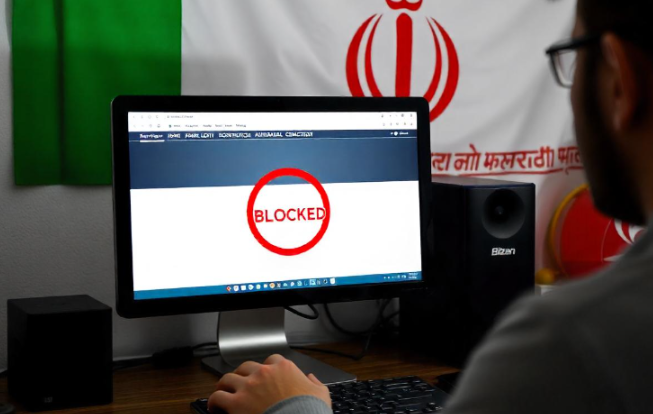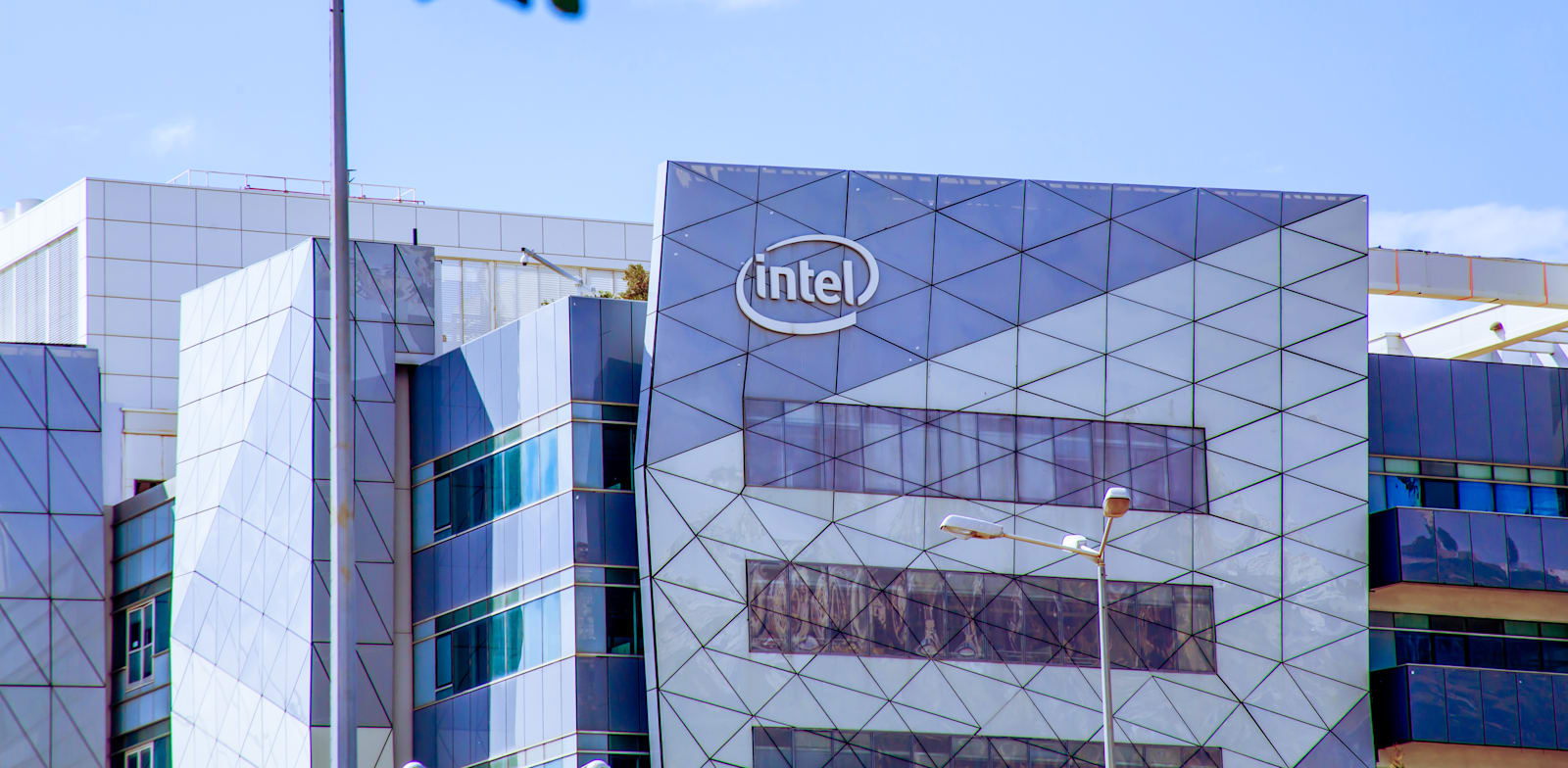![]()
The deal will be subject to a legally binding agreement by both companies to invest billions into a combined 5G network across the UK.
The UK’s Competition and Markets Authority (CMA) has cleared a proposed merger deal between telecoms companies Vodafone and Three with conditions.
This merger would lead to the creation of the biggest mobile operator in the UK, with a combined business of 27m customers. Vodafone and Three make up two of the four primary mobile network operators in the UK, alongside BTEE and Virgin Media O2.
In order for the merger to go through, Vodafone and Three agreed upon implementing three main bindings.
For the first binding, the merged company must invest £11bn to roll out a combined 5G network across the UK over the next eight years. The 5G roll-out by both Vodafone and Three will be overseen by Ofcom and the CMA, and it will also be supported by shorter term customer protections.
Secondly, it must cap selected mobile tariffs and data plans for three years, in order to directly protect large numbers of Vodafone and Three customers from short-term price rises in the early years of the network plan.
Lastly, the merged company must offer pre-set prices and contract terms for wholesale services (again for three years), in order to ensure that virtual network providers can obtain competitive terms and conditions as the network plan is rolled out.
If the two companies fail to abide by these terms, the CMA will block the merger deal.
Stuart McIntosh, chair of the independent inquiry group leading the investigation, said that after the group carefully considered the evidence and feedback, it found that the merger “is likely to boost competition in the UK mobile sector and should be allowed to proceed – but only if Vodafone and Three agree to implement our proposed measures”.
The CMA first began an in-depth investigation into the planned merger in April. In September, the organisation announced its provisional view on the Vodafone-Three merger, stating that this deal could lead to millions of customers having to pay more.
Last month, the watchdog group said that the merger could potentially go ahead if the merged entity agrees to a multibillion-pound commitment to upgrade its network across the UK, as well as retain prices in the short term for customers and mobile virtual network operators.
The implementation of 5G has become a mounting priority for both companies and governments around the globe.
At the Mobile World Congress event in Barcelona earlier this year, a prominent talking point was the trajectory of 5G, with companies such as Huawei discussing new concepts such as ‘advanced 5G’ – or 5G-A.
Don’t miss out on the knowledge you need to succeed. Sign up for the Daily Brief, Silicon Republic’s digest of need-to-know sci-tech news.










Leave a Comment